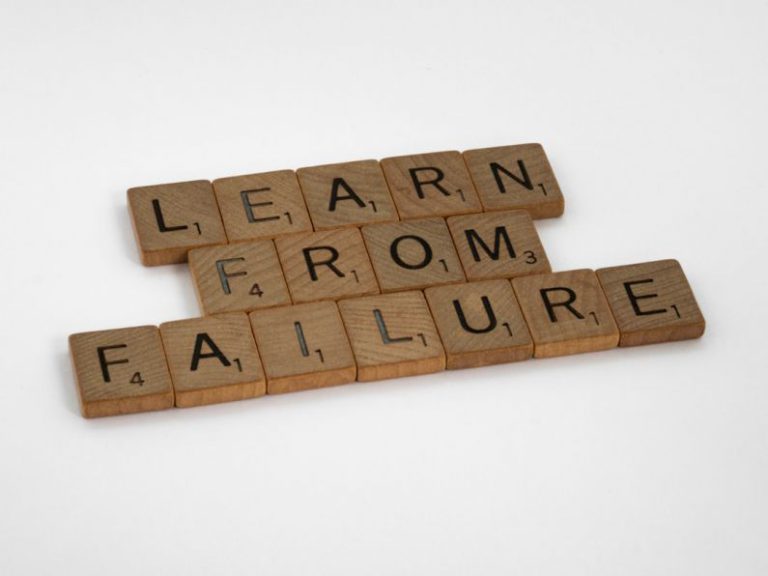
Purchasing a foreclosed property can be an enticing opportunity for potential homebuyers or investors looking to snag a deal in the real estate market. However, amidst the allure of a potential bargain, it is crucial to be aware of the legal considerations that come with buying foreclosures. Understanding the legal nuances involved in purchasing a foreclosed property can help buyers navigate the process smoothly and avoid potential pitfalls down the line. Here, we delve into the key legal considerations that buyers should keep in mind when considering a foreclosure purchase.
Researching the Property’s Title Status
Before diving into the purchase of a foreclosed property, it is essential to conduct thorough research on the property’s title status. The title of a property is a legal document that establishes ownership, and it is crucial to ensure that the title is clear and free of any liens or encumbrances that could cloud ownership rights. When purchasing a foreclosed property, buyers should obtain a title report or title insurance to verify that the title is clean and transferable. This step can help buyers avoid legal disputes or financial liabilities associated with undisclosed liens or claims on the property.
Understanding the Foreclosure Process
Buyers should familiarize themselves with the foreclosure process in their jurisdiction to understand the legal steps involved in acquiring a foreclosed property. The foreclosure process can vary depending on the state laws, and buyers should be aware of timelines, procedures, and legal requirements that govern foreclosures in their area. It is crucial to understand whether the foreclosure is judicial or non-judicial, as this can impact the rights and responsibilities of the parties involved. Being well-informed about the foreclosure process can help buyers make informed decisions and avoid potential legal issues.
Assessing Potential Liabilities
When purchasing a foreclosed property, buyers should be aware of potential liabilities that may arise from the transaction. For example, if the property has outstanding taxes, liens, or code violations, the buyer may inherit these liabilities upon acquiring the property. Conducting due diligence on the property’s financial and legal status can help buyers identify potential liabilities and assess the risks involved in the purchase. Buyers should also consider consulting with legal and financial professionals to ensure that they are fully informed about any potential liabilities associated with the property.
Reviewing the Purchase Agreement
The purchase agreement is a legally binding contract that outlines the terms and conditions of the sale of a property. When buying a foreclosed property, buyers should carefully review the purchase agreement to ensure that it accurately reflects the terms agreed upon and protects their interests. It is important to pay attention to details such as the purchase price, closing date, contingencies, and disclosures related to the property. Buyers should also be aware of any special provisions or addendums that may be included in the purchase agreement due to the property’s foreclosure status.
Securing Financing and Insurance
Financing a foreclosed property purchase can present unique challenges, as lenders may have specific requirements or restrictions for financing distressed properties. Buyers should work with lenders who have experience with foreclosures and understand the potential risks involved in these transactions. Additionally, buyers should consider obtaining insurance coverage, such as title insurance and hazard insurance, to protect their investment in the property. Securing financing and insurance can provide buyers with added protection and peace of mind as they navigate the purchase of a foreclosed property.
Navigating the Legal Landscape of Foreclosure Purchases
In conclusion, buying a foreclosed property can be a rewarding opportunity for buyers seeking to invest in real estate or find a new home at a discounted price. However, it is crucial to be well-versed in the legal considerations that come with purchasing foreclosures to avoid potential legal pitfalls. By researching the property’s title status, understanding the foreclosure process, assessing potential liabilities, reviewing the purchase agreement, and securing financing and insurance, buyers can navigate the legal landscape of foreclosure purchases with confidence and ensure a smooth and successful transaction. Being informed and proactive in addressing legal considerations can help buyers make informed decisions and protect their interests when buying a foreclosed property.





